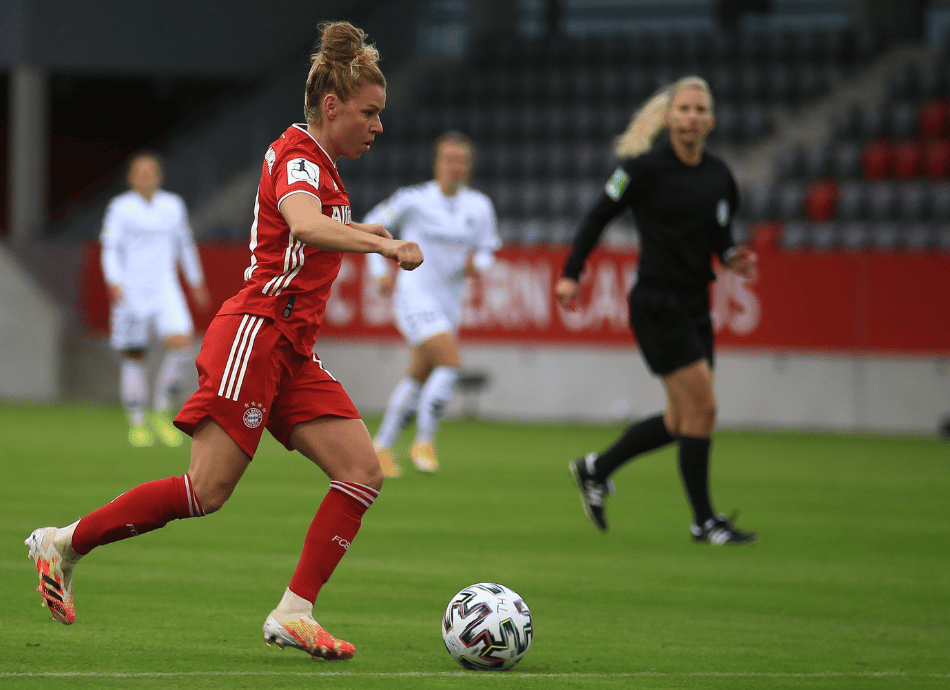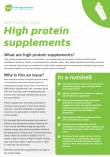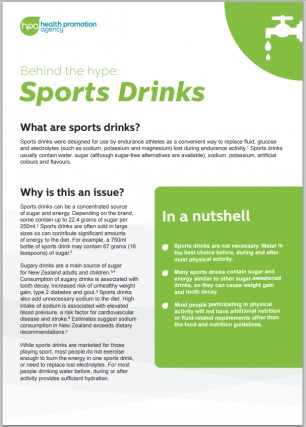Sports nutrition is about healthy eating that focuses on improving health and sporting performance. Food provides the human body with the nutrients necessary to grow, develop and function effectively. While there are general guidelines for a healthy diet, nutrition requirements vary for each individual depending on age, gender, metabolic rate, genetics, lifestyle and physical activity levels.
For athletes, having the right balance of food groups (to give the right mix of vitamins, fibre, carbohydrate, fat and protein) is especially important as nutrition affects performance in sport. It affects an athlete’s ability to train and compete to their best, their ability to recover and adapt, their body composition, their energy levels and their long-term health.
To perform at their best, athletes must ensure they consume the right foods and the right volumes of food. In addition, they must consider the timing of their food and fluid intake.
It'S important that athletes tailor their nutritional intake to the type and amount of training they're doing. This means that an athlete’s nutritional requirements will differ at different phases in the season and even different days of the week.








